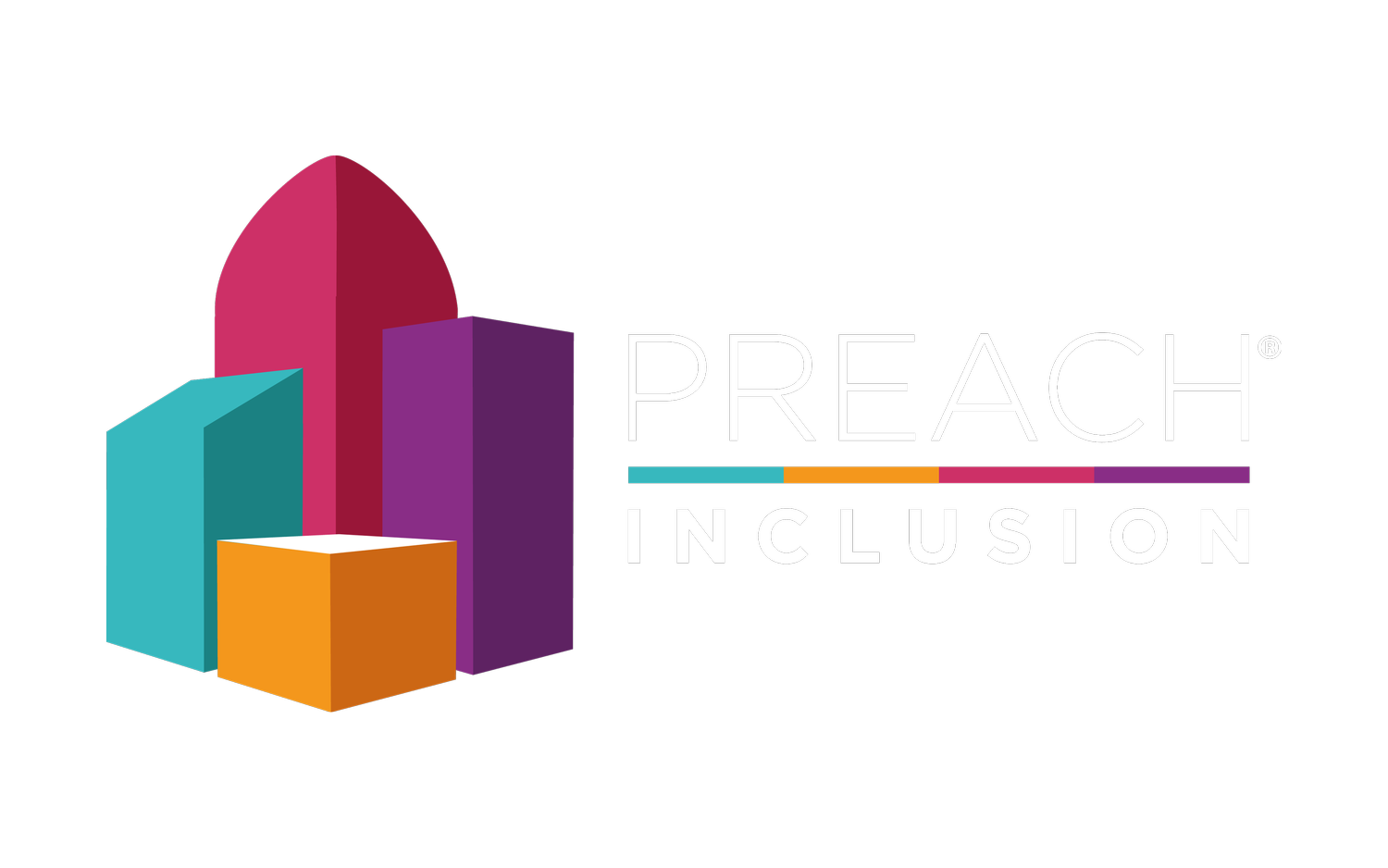Why does it take a tragedy to question our action?
An open letter to our readers from Anna Sabine, Chairman of MPC, who shares her rage and sadness on the tragic disappearance and murder of Sarah Everard. Once unknown, within a few days, Sarah has become the symbol of what it means to say ‘text me when you get home’, which now has a deeper meaning than it first ever did. This case raises questions not only about design, safety and women in public spaces, but about the people who create them. What can we do to genuinely be transformative in our change? Anna shares her thoughts below.
Women, and more specifically the issue of what more men could be doing to support women, has been in the news this week thanks to the tragic disappearance of Sarah Everard. Dame Cressida Dick, Commissioner of the Metropolitan Police, said that many women would be 'scared' by what had occurred; I only know women who are ragingly angry about it. I am very wary of 'using' a tragedy like this to make a wider point, but I feel very passionately that there are so many areas in life where what women really need is for men to step up and take some action. So often, men seem to think they have no role to play when it comes to womens' issues; indeed what’s made many women so cross this week is the suggestion that the solution to male violence was for women to stay home, or take more precautions, or 'be scared', rather than for men to change their attitudes and behaviour.
"Wouldn’t it be amazing to have more male colleagues who, when asked to be on a panel, suggest a female colleague they think might be more suitable?"
In the property industry, I get very frustrated that the response to gender inequality seems to be that women set up various organisations to help other women; and that once they become well known, big firms tick a diversity box by sponsoring these women’s groups, and in a sense get to dodge the fundamentals like tackling their gender pay inequality, rubbish conditions for women, or all male boards. It almost smacks of ”It’s ok, the ladies are having a lunch to talk about inequality, we’ll sponsor the canapes, job done. Oh and don’t forget to put a photo of our one female employee on LinkedIn this week – it’s International Women’s Day…”
At MPC I set up the Gender Champions campaign to try to get men in the industry to understand that despite our best efforts, nothing would significantly change for women unless men stepped forward to make real, committed change – including change which might ultimately be at their expense. Wouldn’t it be amazing to have more male colleagues who, when asked to be on a panel, suggest a female colleague they think might be more suitable? Who call out the unsuitable behaviour of their colleagues, (ranging from organising yet another golf day, to full on groping at MIPIM)?
Anna with her gender champions at MPC.
"It’s often the hardest things we have to contemplate which are the most important to consider."
I wonder if the same may be true for BAME groups within the industry: are white members of the property sector aware enough that the onus on improving ethnic diversity is actually on us? I used to issue all new staff at MPC with a copy of Sheryl Sandberg’s “Lean In”; I feel like the time has come instead to send everyone a copy of Reni Eddo Lodge’s “Why I’m No Longer Talking to White People about Race”. So many of the lame excuses for inaction on both BAME and gender equality are the same:“It’s really hard to find BAME/female candidates; BAME candidates/women don’t apply for jobs; we have to employ the best person for the job” (as though this and someone being BAME/female might be mutually exclusive).
It's clear from Twitter that a lot of white men are feeling pretty challenged this week – Piers Morgan being the perfect example. I’d say I’m sorry for them but I’m not. It’s often the hardest things we have to contemplate which are the most important to consider, and if you’re a white man reading this and feeling affronted I would ask you to take a step back, and consider (i) do I consider myself to be someone who is fairly switched on about race and gender and if yes, (ii) what practical, tangible steps am I actually taking in my professional life to improve representation for both of these groups? Because if the answer is not much, then don’t be surprised if not much changes as a result.

